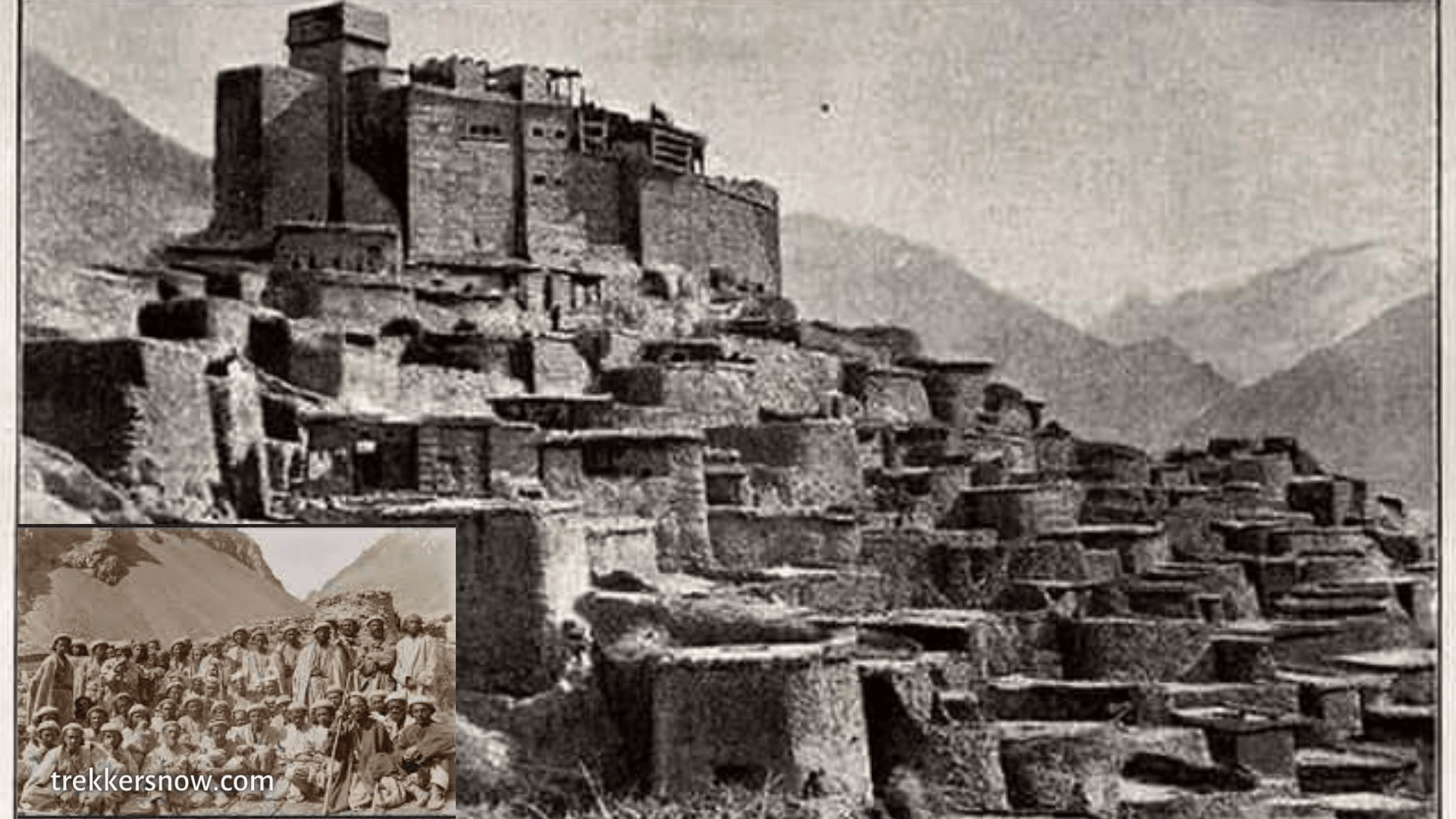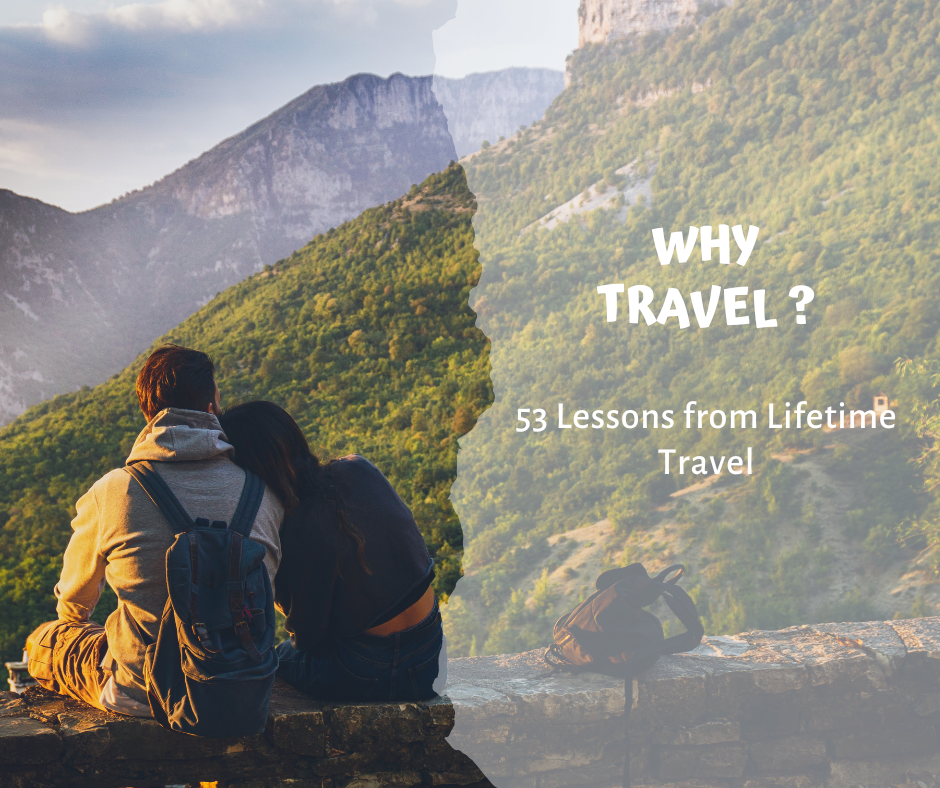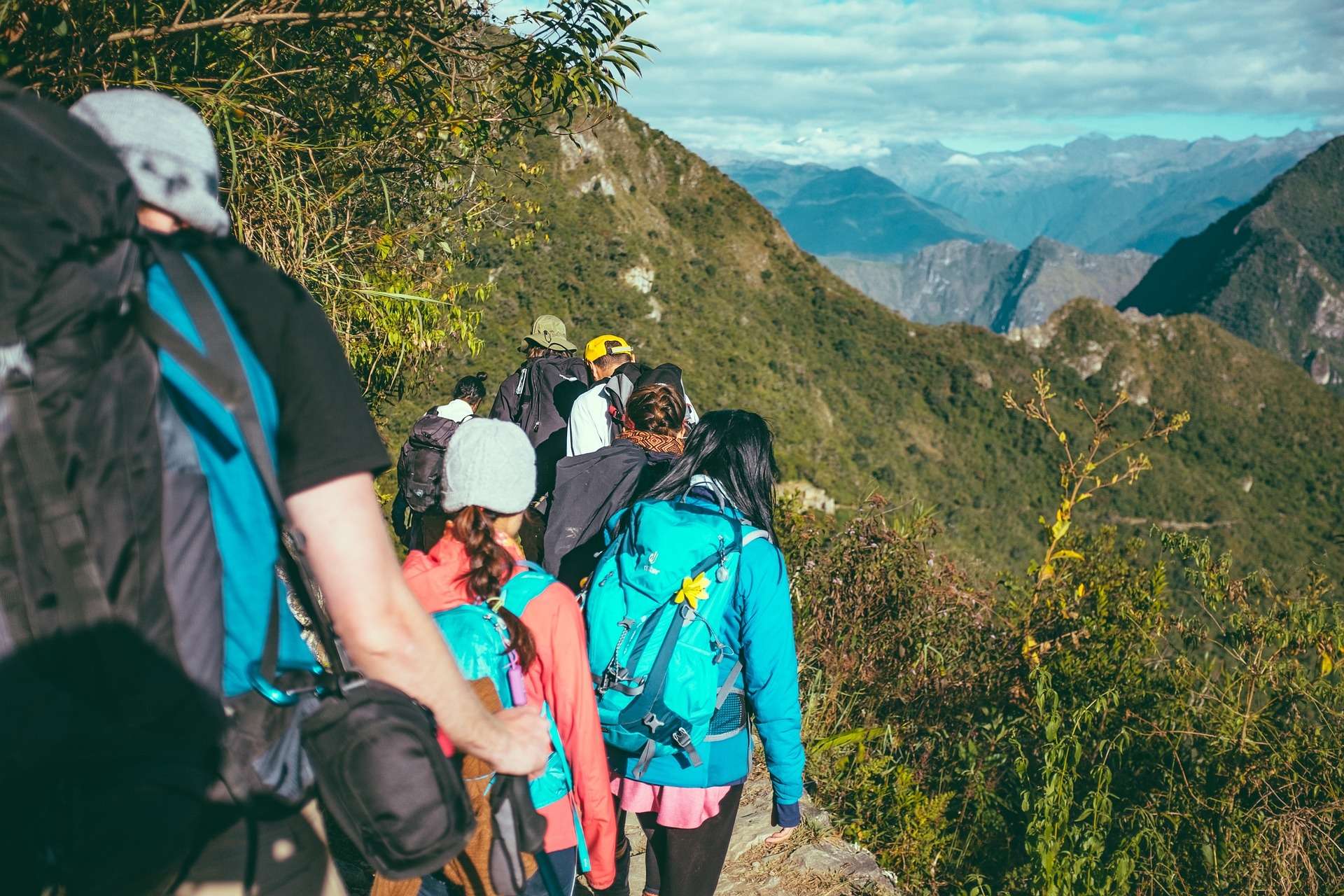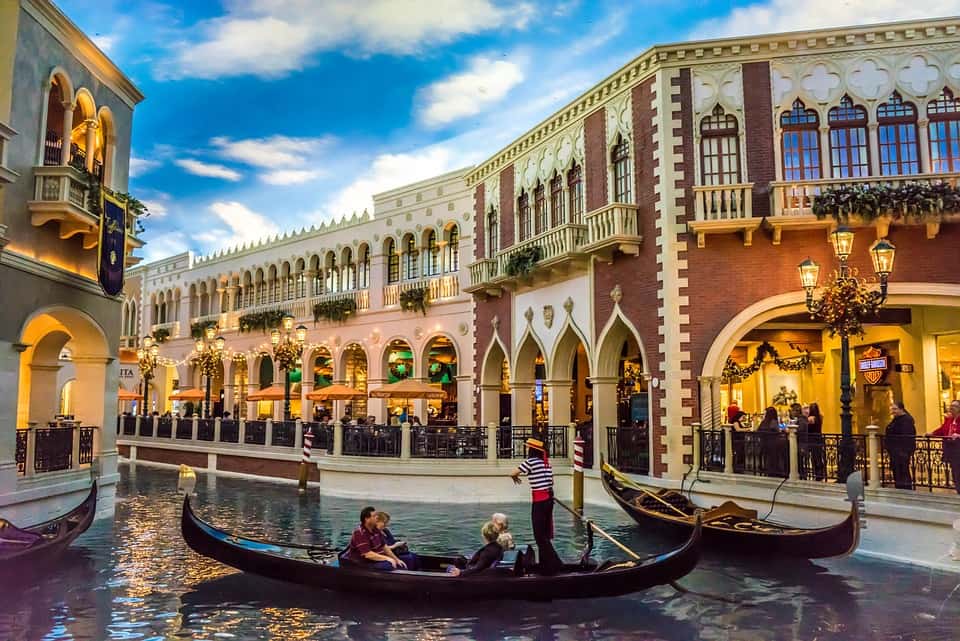The history of the Hunza Valley in Pakistan is relatively long and complex. The valley has been inhabited for thousands of years, and has been ruled by a number of different groups and dynasties over time.
The earliest recorded history of the Hunza Valley dates back to the 4th century BC,
when it was part of the Gandhara Kingdom, which was known for its rich cultural heritage and was an important center of Buddhism.
In the medieval period, Hunza was ruled by a number of different empires
and dynasties, including the Mughals, the Durrani Empire, and the Sikhs. The valley played a significant role i
n the region’s trade and commerce, as it was a major crossroads for the Silk Road trade routes.
In the 19th century, the British established a protectorate in the valley, which they named the Hunza-Nagar State. This protectorate lasted until 1974, when the valley was officially annexed by Pakistan.
The Hunza Valley has long been a autonomous state, the Hunzakut
people have a history of maintaining their independence and preserving their unique culture. The local rulers of Hunza were said to be
descendants of Alexander the Great’s soldiers and had kept alive the Greek culture for centuries.
It is also worth noting that the recent history of the valley has been
affected by political and economic changes in Pakistan, as well as by the challenges posed by tourism and environmental degradation.
It is interesting to note that despite the complex and evolving political history,
the Hunzakut people have managed to preserve their traditional
way of life and culture, they are known for their hospitality and peaceful way of living.
why hunza is valley famous for tourists in Pakistan?
Hunza is a valley located in the northernmost part of Pakistan, in the Gilgit-Baltistan region. It’s famous among tourists for several reasons, such as:
Scenic beauty: Hunza is known for its stunning natural beauty, including high peaks, glaciers, and alpine meadows. It also has the famous Hunza River that runs through the valley, surrounded by towering mountains.
Adventure opportunities: The valley offers a wide range of outdoor activities
such as trekking, rock climbing, mountaineering, and river rafting, which makes it a popular destination for adventure-seekers.
Culture: Hunza is home to the ethnic group known as the
Hunzakuts, who are known for their unique customs and hospitality. Visitors can learn about their culture and way of life.
Accessibility to other tourist sites: Hunza is also a gateway to many other tourist
destinations in the region, including the famous Passu and Khunjerab glaciers, and the historic Baltit and Altit Fortresses.
Long history: The Hunza valley has an interesting history, and the valley’s people
have a history of maintaining their autonomy, it’s also a meeting point of several ancient civilizations.



